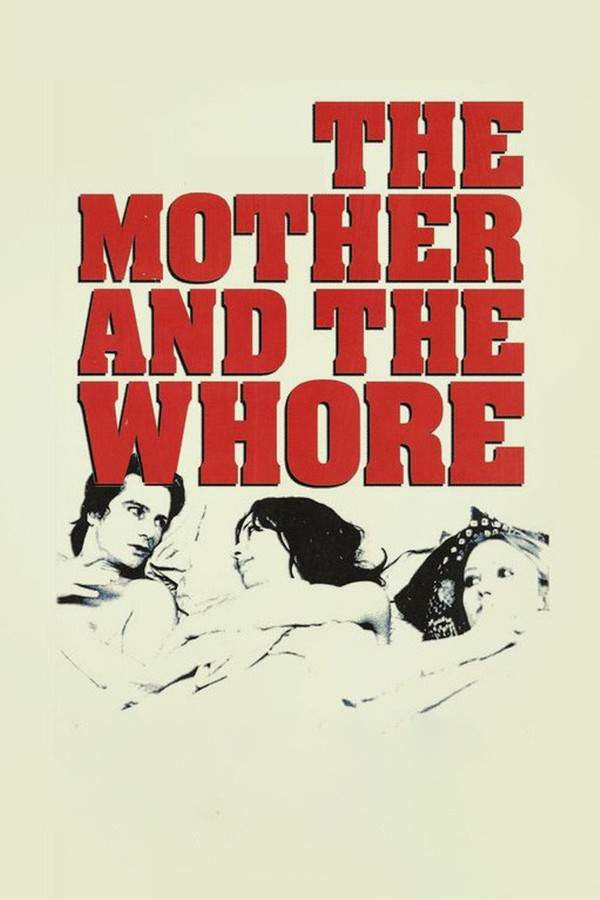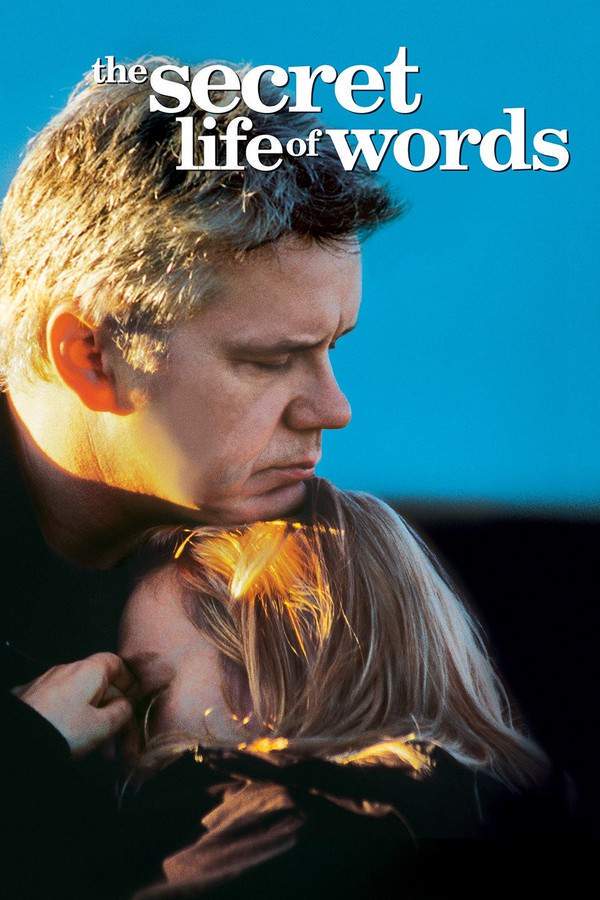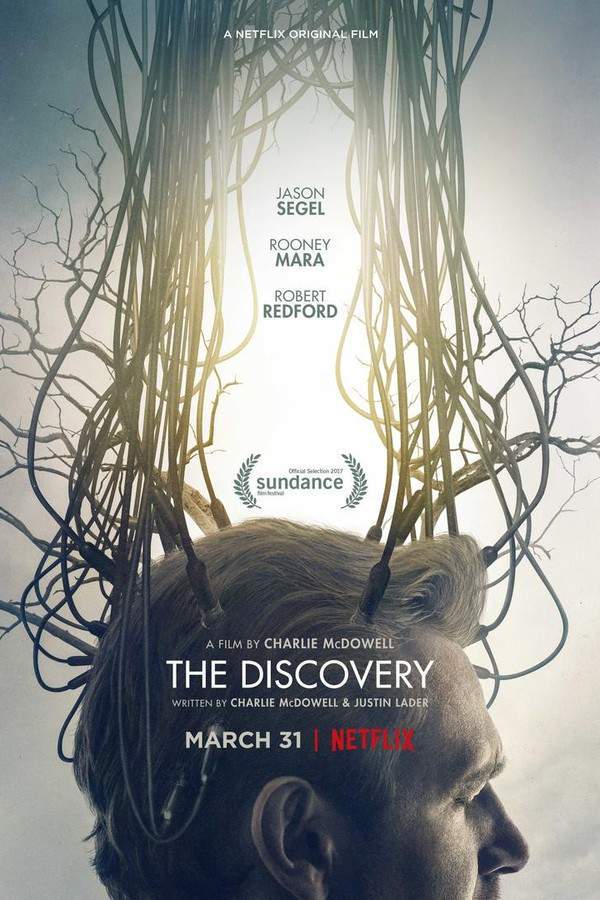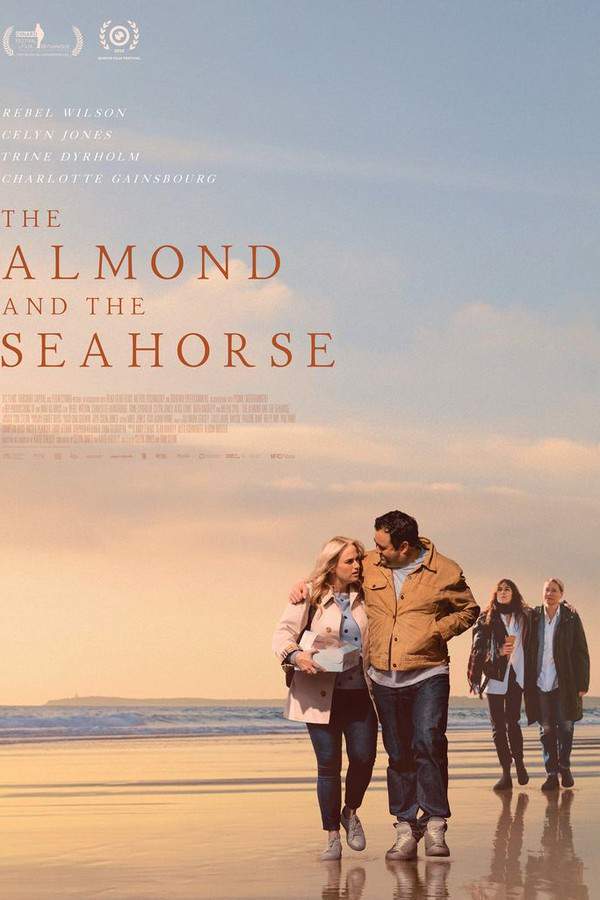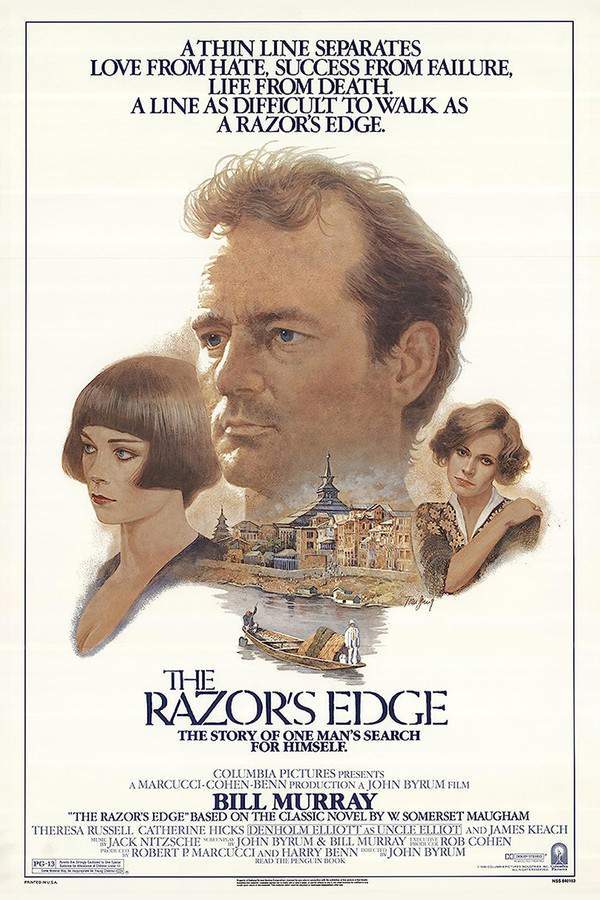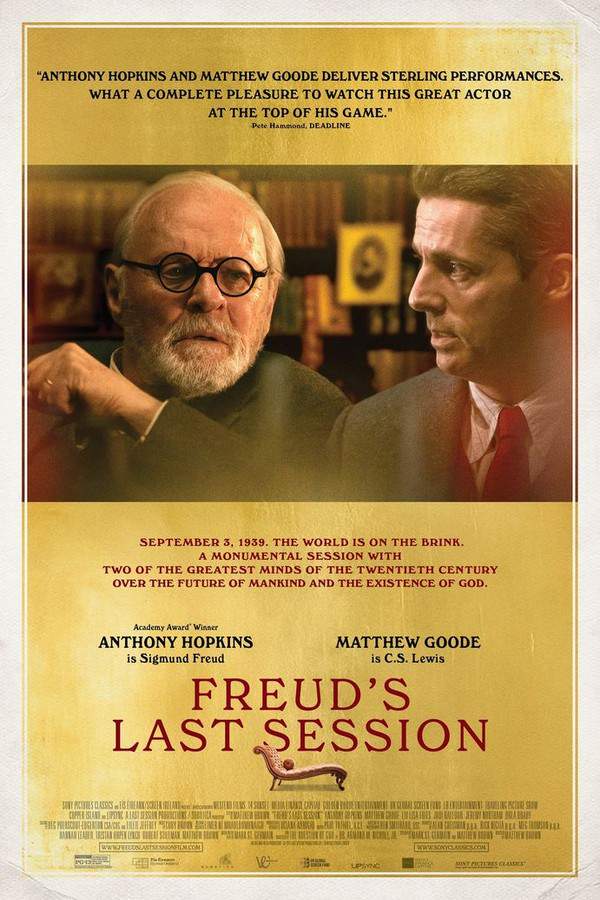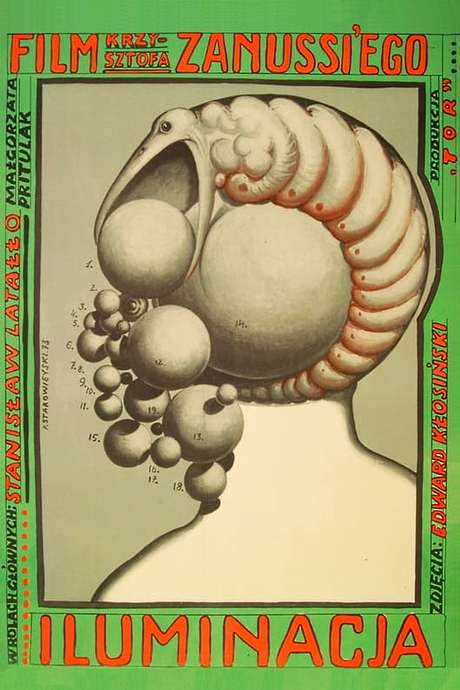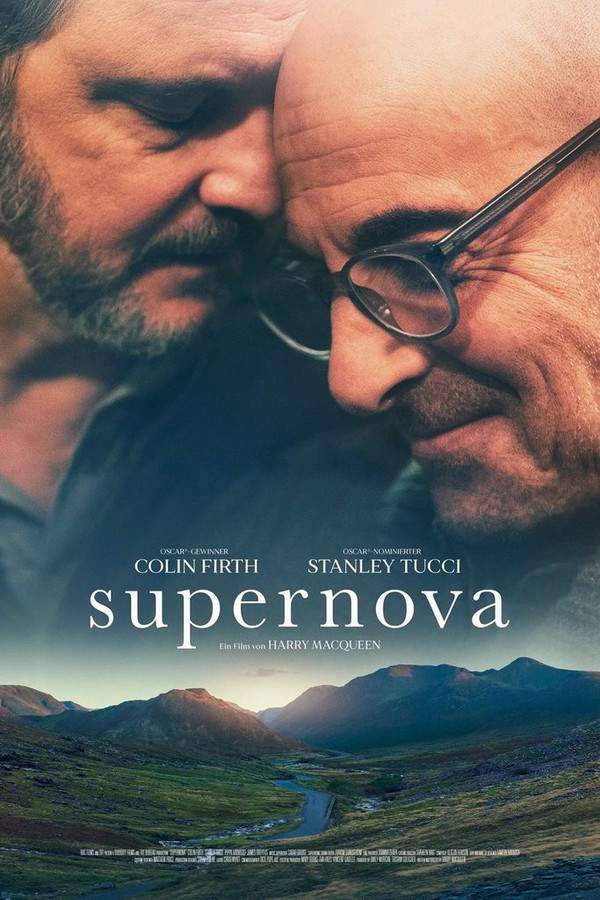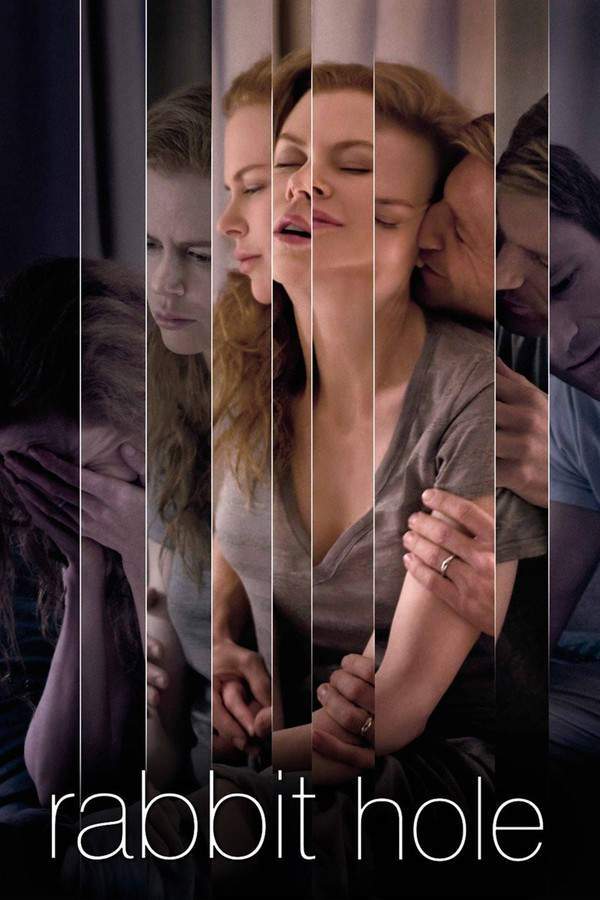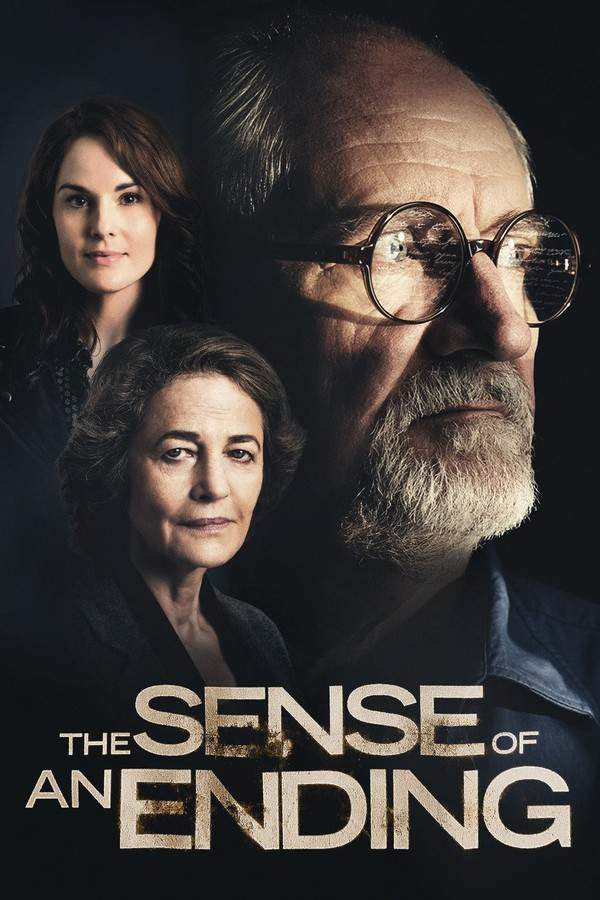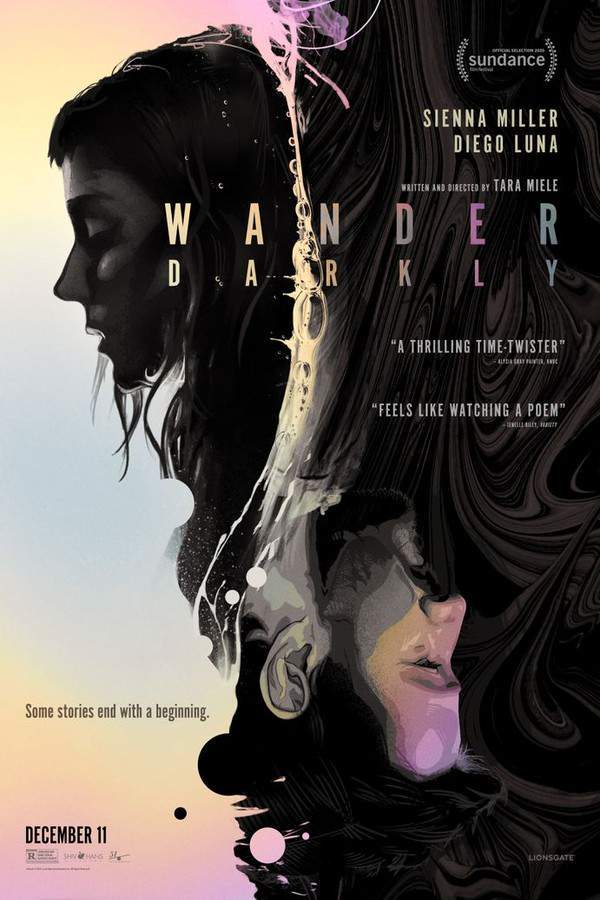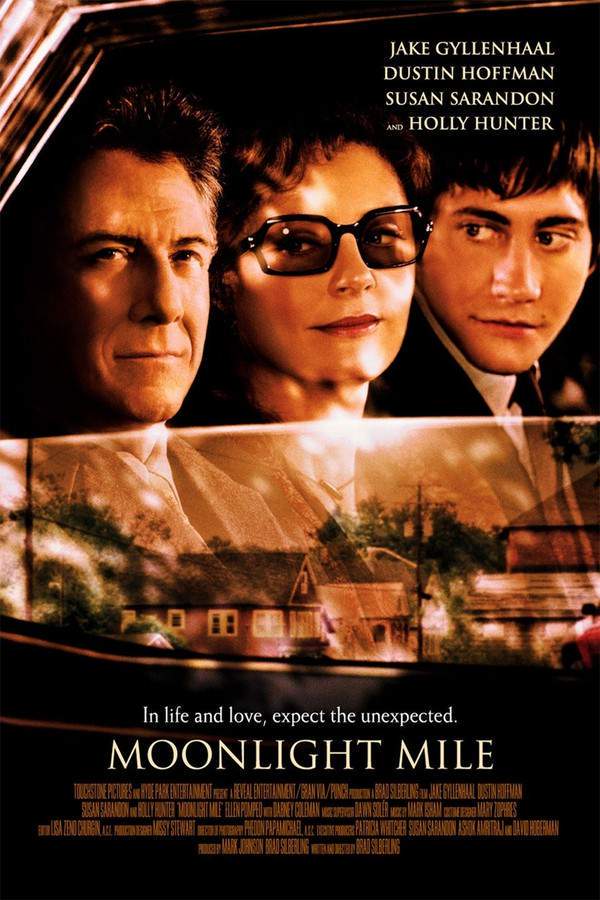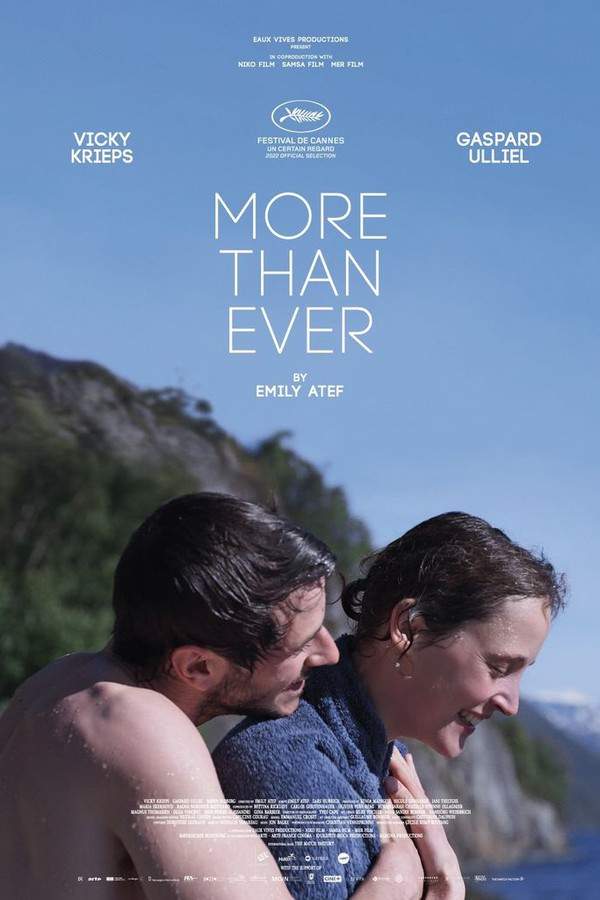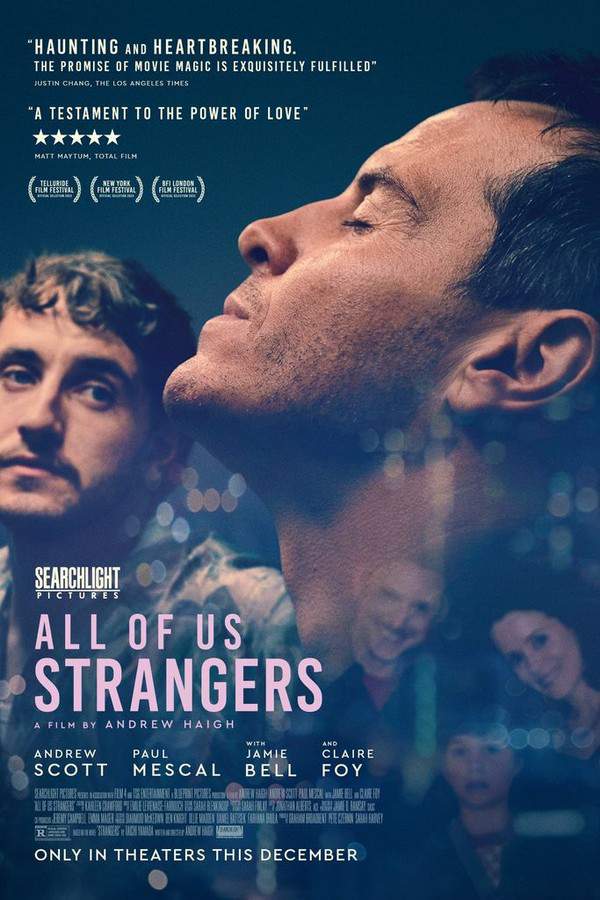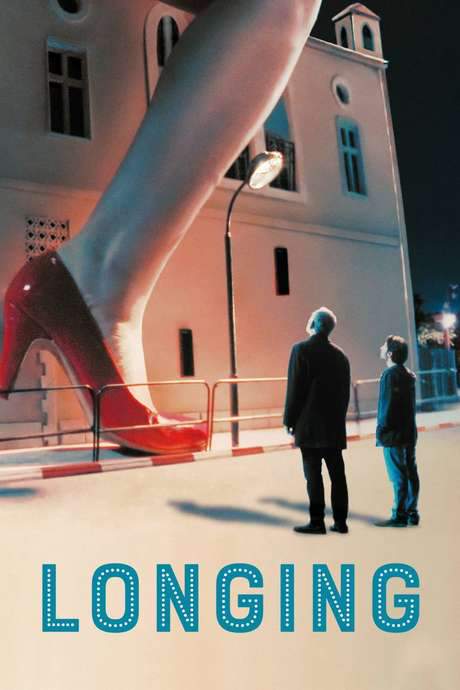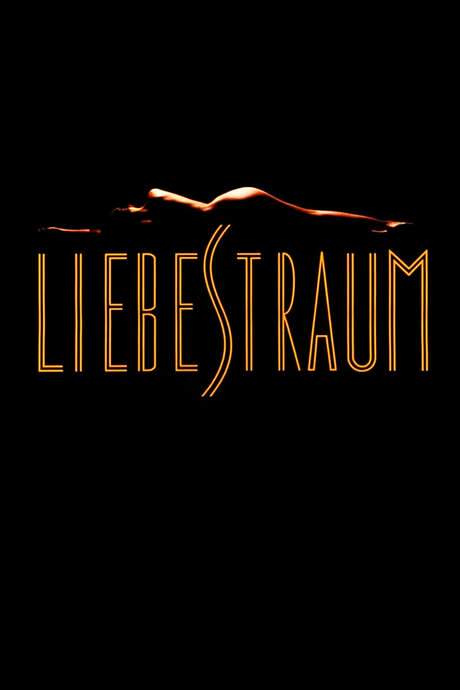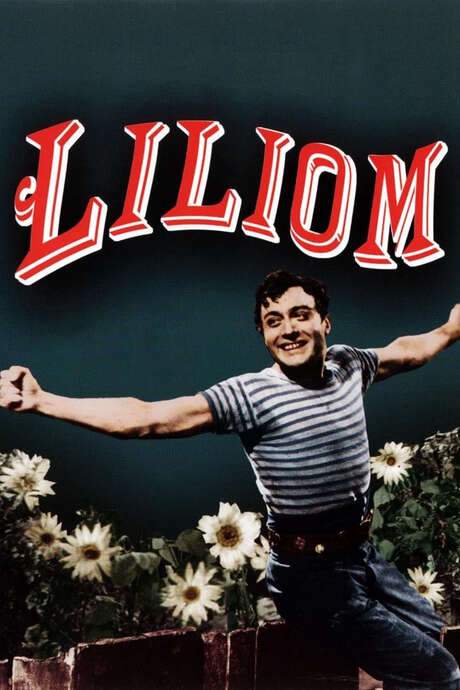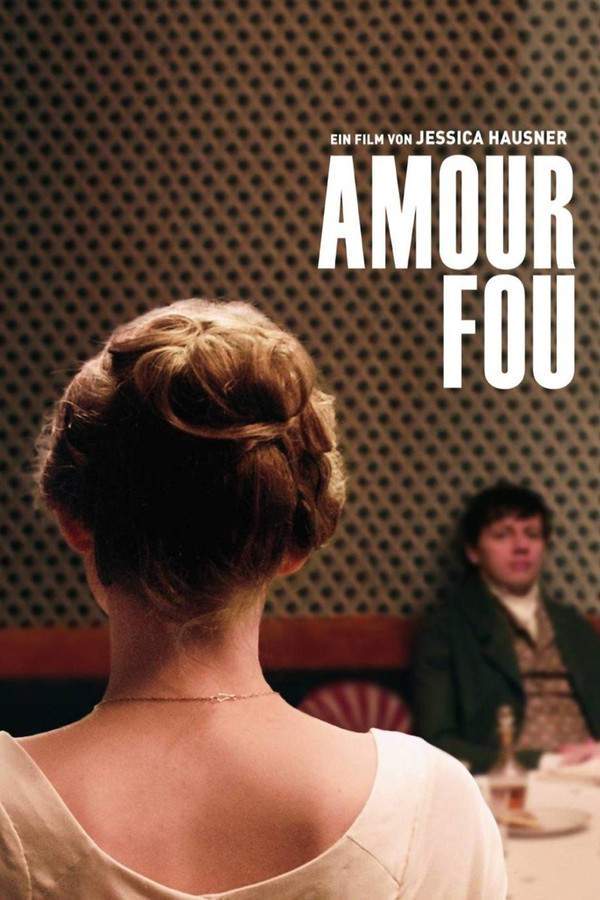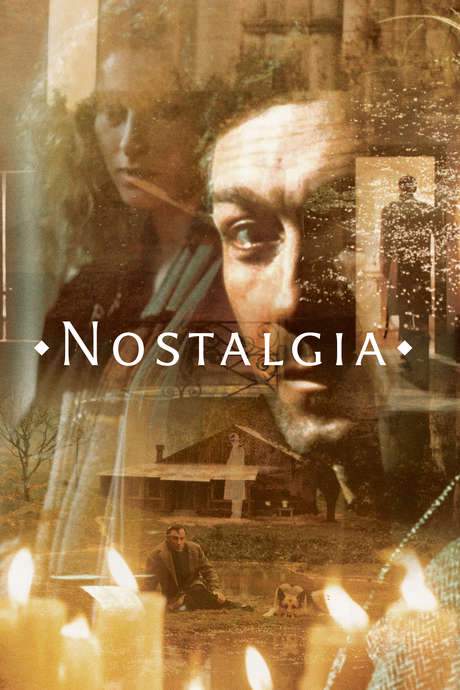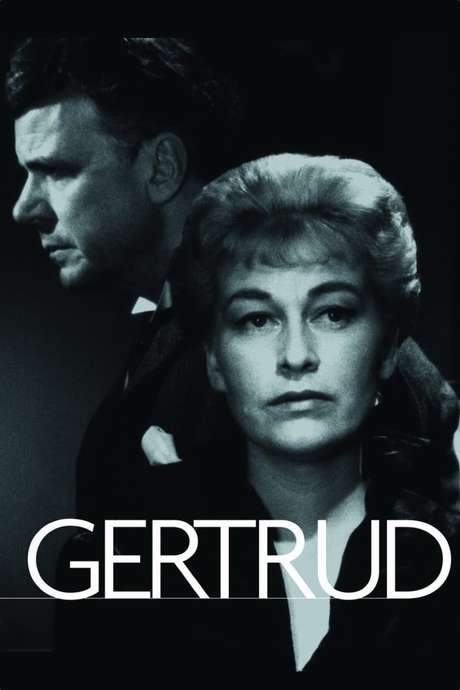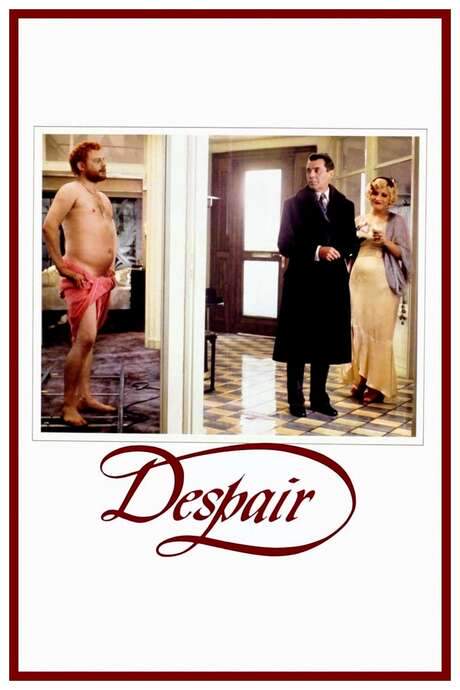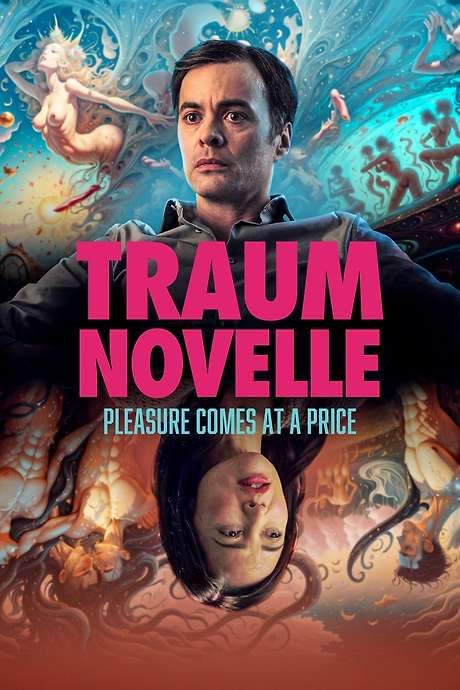
When Nietzsche Wept
Year: 2007
Runtime: 105 mins
Language: English
Director: Pinchas Perry
Viennese doctor Josef Bruer meets with philosopher Friedrich Nietzsche to help him deal with his despair.
Warning: spoilers below!
Haven’t seen When Nietzsche Wept yet? This summary contains major spoilers. Bookmark the page, watch the movie, and come back for the full breakdown. If you're ready, scroll on and relive the story!
When Nietzsche Wept (2007) – Full Plot Summary & Ending Explained
Read the complete plot breakdown of When Nietzsche Wept (2007), including all key story events, major twists, and the ending explained in detail. Discover what really happened—and what it all means.
Lou Andreas-Salome, Katheryn Winnick, a Russian-born novelist who would later become a member of Freud’s Vienna Circle, is depicted as having a historically debated, largely platonic bond with Friedrich Nietzsche, Armand Assante. The story unfolds as she writes to Dr. Josef Breuer, inviting him to engage with the powerful migraines that plague Nietzsche and, simultaneously, to address the despair born from her own unfulfilled marriage. The film follows this delicate arrangement as Breuer—less eager at first, treated respectfully as a colleague rather than a master—agrees to Salome’s plan, hoping to relieve Nietzsche’s torment without compromising the philosopher’s sense of autonomy and intellectual prowess.
From the outset, Nietzsche resists the treatment, insisting that accepting Breuer’s help would amount to surrendering control. The narrative draws a chilling parallel when Nietzsche encounters a mistreated horse, an event that foreshadows a turning point: he decides to keep his appointment with Breuer, a decision that foreshadows his eventual decline into madness after later refusing to intervene to protect a vulnerable animal. Nietzsche’s pain intensifies as a sleeping draught—an externally administered remedy—contributes to new migraines and a sense of futility, provoking him to contemplate an exit to Basel rather than a cure.
Meanwhile, the film threads in the dawning influence of Sigmund Freud, an ambitious psychologist and Breuer’s student, who suggests that Nietzsche might find relief through confession—an approach that could shift the balance away from Breuer’s perceived power and toward a more intimate, self-revealing dialogue. The personal stakes rise as Breuer and Nietzsche meet again, with Breuer proposing that, while he can treat Nietzsche’s body, Nietzsche must also confront the despair that Breuer himself feels after falling in love with one of his patients, Bertha Pappenheim [Michal Yannai], better known in history as Anna O.—an emblematic figure in early psychoanalytic history. The film presents this complex emotional exchange as a gateway to mutual openness, tracing how two towering minds begin to understand one another through the lens of their own vulnerabilities.
As their conversations deepen, the two men explore not only medical treatment but also the ideas that will shape later psychoanalytic practice. Nietzsche’s philosophy and Breuer’s evolving technique intertwine, with dream imagery and symbolic motifs guiding Breuer through his own introspection. The story suggests that dream interpretation—an essential stepping stone in Freud’s developing methods—gives Breuer a way to reinterpret personal dissatisfaction and to glimpse a possible cure for his emotional unrest.
In the film’s culminating arc, Breuer finds renewed happiness with his wife, aided by a hypnotically induced dream that channels Nietzsche’s insights into a transformative moment. Nietzsche, meanwhile, departs for Basel, preparing to begin a new chapter in his life and, on the shores of Lake Silvaplana, to craft what would become his landmark work, Thus Spoke Zarathustra. The narrative emphasizes how these intertwined journeys—personal healing, philosophical exploration, and the birth of a new psychoanalytic framework—converge to reshape the way these historical figures understood suffering, creativity, and the psychology of the human mind.
Last Updated: October 09, 2025 at 16:37
Explore Movie Threads
Discover curated groups of movies connected by mood, themes, and story style. Browse collections built around emotion, atmosphere, and narrative focus to easily find films that match what you feel like watching right now.
Movies like When Nietzsche Wept: Intellectual Duels and Healing Dialogues
Stories where conversation is the primary battleground for characters' souls.Discover films with a similar focus on profound conversation as the core drama. If you liked the therapeutic and philosophical exchanges in When Nietzsche Wept, you'll find other movies where talk therapy, intellectual debate, and psychological exploration drive the narrative forward in a deeply thoughtful way.
Narrative Summary
The narrative pattern involves characters, often a patient and a healer or two intellectuals, whose roles become blurred. Through a series of intense, probing conversations, they challenge each other's core beliefs, leading to a cathartic resolution where both parties are fundamentally changed by the encounter.
Why These Movies?
Movies are grouped here for their shared focus on dialogue-driven conflict, cerebral themes, and the slow-burn process of psychological unraveling and healing. They create a specific, intellectually demanding viewing experience centered on the power of words.
Somber Psychological Movies like When Nietzsche Wept
Thoughtful explorations of mental anguish and existential despair.If you appreciated the heavy, melancholic tone and psychological depth of When Nietzsche Wept, this collection features similar dramas that explore the complexities of the human mind. Find other thoughtful films about despair, mental health, and existential crisis with a similarly somber and introspective mood.
Narrative Summary
Stories follow characters grappling with profound internal struggles—be it despair, mental illness, or an existential crisis. The journey is one of deep introspection, often without clear-cut solutions, resulting in a bittersweet or ambiguous resolution that emphasizes the complexity of healing.
Why These Movies?
This thread unites films based on their somber, melancholic mood, heavy emotional weight, and central focus on psychological and philosophical themes. The shared experience is one of thoughtful, often sad, immersion into the characters' internal worlds.
Unlock the Full Story of When Nietzsche Wept
Don't stop at just watching — explore When Nietzsche Wept in full detail. From the complete plot summary and scene-by-scene timeline to character breakdowns, thematic analysis, and a deep dive into the ending — every page helps you truly understand what When Nietzsche Wept is all about. Plus, discover what's next after the movie.
When Nietzsche Wept Timeline
Track the full timeline of When Nietzsche Wept with every major event arranged chronologically. Perfect for decoding non-linear storytelling, flashbacks, or parallel narratives with a clear scene-by-scene breakdown.

Characters, Settings & Themes in When Nietzsche Wept
Discover the characters, locations, and core themes that shape When Nietzsche Wept. Get insights into symbolic elements, setting significance, and deeper narrative meaning — ideal for thematic analysis and movie breakdowns.

When Nietzsche Wept Spoiler-Free Summary
Get a quick, spoiler-free overview of When Nietzsche Wept that covers the main plot points and key details without revealing any major twists or spoilers. Perfect for those who want to know what to expect before diving in.

More About When Nietzsche Wept
Visit What's After the Movie to explore more about When Nietzsche Wept: box office results, cast and crew info, production details, post-credit scenes, and external links — all in one place for movie fans and researchers.

Similar Movies to When Nietzsche Wept
Discover movies like When Nietzsche Wept that share similar genres, themes, and storytelling elements. Whether you’re drawn to the atmosphere, character arcs, or plot structure, these curated recommendations will help you explore more films you’ll love.
Explore More About Movie When Nietzsche Wept
When Nietzsche Wept (2007) Scene-by-Scene Movie Timeline
When Nietzsche Wept (2007) Movie Characters, Themes & Settings
When Nietzsche Wept (2007) Spoiler-Free Summary & Key Flow
Movies Like When Nietzsche Wept – Similar Titles You’ll Enjoy
Amour Fou (2015) Spoiler-Packed Plot Recap
Weininger’s Last Night (1990) Full Summary & Key Details
Veronika Voss (1982) Film Overview & Timeline
Nostalgia (1983) Ending Explained & Film Insights
The Sorrows of Young Werther (1976) Movie Recap & Themes
Beyond Good and Evil (1977) Detailed Story Recap
Death in Venice (1971) Film Overview & Timeline
Arch of Triumph (1948) Story Summary & Characters
Gertrud (1964) Ending Explained & Film Insights
The Life and Loves of Beethoven (1936) Movie Recap & Themes
Gloomy Sunday (1999) Full Movie Breakdown
I, Mournful God (1969) Full Movie Breakdown
Despair (1978) Plot Summary & Ending Explained
The Novel of Werther (1938) Ending Explained & Film Insights
Traumnovelle (2024) Spoiler-Packed Plot Recap


